Can My Child Go to Preschool If Not Potty Trained? Here’s What You Need to Know!
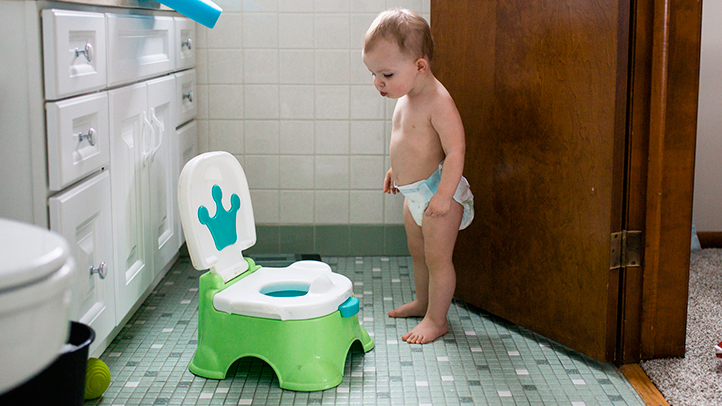
Yes, children can attend preschool even if they are not yet potty trained. Preschool can be an exciting and important step in a child’s development.
It helps prepare them for elementary school by promoting social skills, cognitive development, and independence. However, one common concern among parents is whether their child needs to be potty trained before starting preschool. The answer is that preschools generally have different policies regarding potty training.
While some preschools may require children to be potty trained before enrollment, many others are understanding and supportive of children who are still in the process of learning this skill. In these cases, preschools may work with parents to create a potty training plan or provide assistance and support during the transition. Ultimately, whether your child can attend preschool if not potty trained depends on the specific policies of the preschool you choose.
Assessing Your Child’s Potty Proficiency
Preschool admission is possible even if your child is not yet potty trained. Assess your child’s potty proficiency and communicate with the preschool regarding their policies to make an informed decision.
Before enrolling your child in preschool, it’s important to assess their potty training progress. While many parents wonder if their child can attend preschool if they are not yet potty trained, the answer isn’t always a simple yes or no. Every child progresses at their own pace, and it’s essential to evaluate their readiness for potty training. Paying attention to their signs of readiness and ensuring consistency in training can greatly enhance their chances of success.
Signs Of Readiness For Potty Training
Recognizing the signs that your child is ready for potty training is crucial in determining if they can attend preschool without being fully trained. Keep an eye out for these indicators:
- Awareness of wet and soiled diapers
- Showing interest in using the toilet or imitating adults
- Ability to follow simple instructions
- Showing discomfort with dirty diapers and a desire for cleanliness
- Ability to stay dry for longer periods
Paying attention to these signs can help you gauge your child’s readiness for potty training. Keep in mind that not all children show these signs at the same age, and it’s important to be patient and supportive throughout the process.
Importance Of Consistency In Training Before Preschool
Establishing a consistent potty training routine before sending your child to preschool can significantly contribute to their success. Consistency provides a sense of stability and reinforces the learning process.
To ensure consistency in training, consider the following tips:
- Set a regular potty schedule, including specific times for bathroom breaks.
- Encourage your child to sit on the potty at regular intervals, even if they don’t need to go.
- Offer positive reinforcement, such as praise or small rewards, for successful attempts.
- Use clear and simple language to explain the process and encourage understanding.
- Show patience and understanding if accidents happen, as accidents are a normal part of the learning process.
By adhering to a consistent potty training routine at home, your child will develop the necessary skills and confidence to manage their toileting needs. This preparation will greatly assist them when transitioning to preschool.
:max_bytes(150000):strip_icc()/GettyImages-664225786-7c937161dcad4fc685507e39f2d8d4d5.jpg)
Credit: www.parents.com
Preschool Policies On Potty Training
When it comes to potty training, many parents wonder if their child can attend preschool if they are not yet fully potty trained. Each preschool has its own policies and requirements regarding potty training. Understanding these policies can help parents make an informed decision about their child’s readiness for preschool. In this section, we will explore the variations between preschools when it comes to potty training, as well as how to effectively communicate with the staff about your child’s needs.
Variations Between Preschools
Preschools have different approaches and policies when it comes to potty training. Some preschools require children to be fully potty trained before they can attend, while others are more lenient and may accept children who are in the process of potty training. It is important for parents to research and inquire about the specific policies of different preschools to find the best fit for their child.
Below are some possible variations in preschool policies on potty training:
| Preschool Policy | Description |
|---|---|
| Full Potty Training Required | The preschool requires children to be fully potty trained, meaning they can independently use the toilet and handle all aspects of toileting, including wiping and handwashing. |
| In-Progress Potty Training | The preschool accepts children who are in the process of potty training. They may provide extra support and assistance during this transition period. |
| Diapers or Pull-Ups Allowed | Some preschools allow children to attend while still wearing diapers or pull-ups. However, they may have guidelines on when they expect children to transition to regular underwear. |
Communicating With Staff About Your Child’s Needs
When considering a preschool for your child who is not yet potty trained, it is crucial to effectively communicate with the staff. By openly discussing your child’s needs, concerns, and progress, you can ensure that the staff is adequately prepared to support your child during this important stage.
Here are some tips for communicating with preschool staff:
- Schedule a meeting: Arrange a meeting with the preschool staff to discuss your child’s potty training status. This allows you to share any specific details, challenges, or requirements your child may have.
- Share a potty training plan: Provide the staff with a brief outline of your potty training plan, including any strategies or routines you follow at home. This will help them align their approach and provide consistency for your child.
- Ask about their policies: Inquire about the preschool’s policies and procedures related to potty training. Understand their expectations, available resources, and any additional support they may offer during this transitional period.
- Maintain open communication: Keep the preschool informed of any progress or setbacks your child experiences during their potty training journey. This allows the staff to provide appropriate support and adjust their approach as needed.
Remember, each child develops at their own pace, and it is essential to choose a preschool that aligns with their individual needs. By understanding the variations in preschool policies on potty training and effectively communicating with the staff, parents can make an informed decision that supports their child’s growth and development.
Strategies For Parents And Guardians
Preparing Your Child For Preschool Routines
Introducing your child to the idea of attending preschool can be both exciting and overwhelming. One important aspect to consider is how to prepare your child for the routines they will encounter at preschool. By gently easing them into a structured routine, you can help them adjust more comfortably to the preschool environment.
1. Establish a consistent daily schedule: Create a consistent schedule at home that mimics the routine of a preschool setting. This will help your child become familiar with activities such as eating at specific times, regular nap times, and designated play or learning periods.
2. Encourage independent skills: Preschools expect children to take care of some of their own needs, such as washing hands, putting on and taking off shoes, and using the toilet independently. Encourage and guide your child to perform these tasks independently at home before they start preschool.
3. Introduce social interactions: Preschools are full of social interactions, so it’s important to expose your child to group settings before they enter preschool. Arrange playdates, and visits to parks, or enroll them in group activities where they can interact with other children their age.
Supporting Your Child’s Transition To Preschool
Transitioning to preschool can be challenging for your child, but as a parent or guardian, there are several strategies you can use to support them during this important milestone.
1. Familiarize them with the preschool: Before your child starts preschool, take them for a visit to the school. Show them around the facility, introduce them to the teachers, and help them become familiar with the surroundings. This will help alleviate some anxiety and make them feel more comfortable on their first day.
2. Talk about preschool: Engage your child in conversations about preschool. Discuss the exciting activities they will participate in, the friends they will make, and the new experiences they will have. This will build anticipation and excitement, making the transition smoother.
3. Read preschool-themed books: Reading books about preschool can provide your child with a better understanding of what to expect. Look for age-appropriate books that depict preschool routines, friendships, and the activities they will engage in. This can help alleviate their fears and uncertainties about preschool.
4. Provide emotional support: It’s normal for your child to experience emotions such as separation anxiety or nervousness when starting preschool. Be patient and understanding, comforting them when needed. Assure them that preschool is a safe and fun place where they will learn and grow.
By implementing these strategies, you can help ease your child’s transition to preschool and set them up for a positive and successful preschool experience.
Understanding Preschool Requirements And Expectations
Enrolling your child in preschool is an exciting milestone, but it can also raise questions and concerns. One common concern parents have is whether their child can attend preschool if they are not yet potty trained. In this section, we will explore the preschool requirements and expectations regarding potty training, as well as potential accommodations that can be made for children who are not yet potty trained.
Potential Accommodations For Not Being Potty Trained
Preschools understand that every child develops at their own pace, including when it comes to potty training. While many preschools require children to be potty trained before starting, some may offer accommodations for those who are not yet fully independent in using the toilet.
Here are some potential accommodations that preschools may consider:
- Providing extra assistance: Preschool teachers and staff are trained to support young children in their developmental milestones. If your child is not potty trained, the school may assign a staff member to provide extra assistance and help with bathroom needs.
- Schedule adjustments: Preschools may offer a flexible schedule for children who are still in the process of potty training. This can include more frequent bathroom breaks or shorter class sessions to allow time for bathroom visits.
- Specialized programs: Some preschools may have specialized programs or classrooms specifically designed for children who are not yet potty trained. These programs often focus on building independence and promoting healthy toilet habits.
It’s important to note that each preschool may have different policies and accommodations available, so it’s recommended to reach out to your chosen preschool to discuss your child’s specific needs.
Working Alongside Educators For Your Child’s Success
When enrolling your child in preschool, it’s crucial to establish open communication and collaboration with the educators. By working alongside them, you can ensure that your child receives the necessary support for their potty training journey.
Here are a few tips for collaborating with preschool educators:
- Share information: Provide the preschool with any relevant information about your child’s current progress and any strategies you are using for potty training at home.
- Ask for guidance: Seek advice from preschool educators on how to continue promoting your child’s independence in using the toilet at home. They may have valuable insights and strategies.
- Monitor progress: Regularly communicate with the preschool to stay informed about your child’s progress in potty training. Together, you can adjust strategies and provide consistent support.
Remember, preschool is a collaborative effort between parents and educators. By working together, you can create a supportive environment that allows your child to thrive both academically and developmentally.
Dealing With Accidents At Preschool
When it comes to sending your child to preschool, one concern many parents have is whether their child needs to be potty trained. The good news is that most preschools are equipped to handle accidents and accommodate children who are not fully potty trained yet. In this section, we will discuss how you can work with the preschool staff to create a plan, as well as the importance of emotional readiness and resilience building for your child.
Creating A Plan With Preschool Staff
Creating a plan with the preschool staff is crucial to ensure that your child’s needs are well-supported. Here are some steps you can take:
- Have an open conversation: Schedule a meeting with the preschool staff to discuss your child’s current potty training status. Be honest about any challenges your child may be facing and ask for their guidance and support.
- Provide necessary supplies: Pack an extra set of clothing, including underwear and pants, in your child’s backpack. This will allow the preschool staff to quickly change your child in case of accidents.
- Create a routine: Work with the preschool staff to establish a consistent bathroom routine for your child. This could include regular bathroom breaks throughout the day, reminders for your child to use the toilet, and positive reinforcement for successful trips to the bathroom.
- Stay in regular communication: Maintain regular communication with the preschool staff to track your child’s progress. This will help identify any recurring issues or patterns and allow for adjustments to be made to the plan as needed.
Emotional Readiness And Resilience Building
While accidents may happen, it is important to focus on your child’s emotional readiness and resilience building. Here are a few considerations:
- Promote a positive mindset: Encourage your child to have a positive mindset about using the toilet at preschool. Let them know that accidents happen, and it’s a part of the learning process.
- Teach self-help skills: Help your child develop self-help skills such as pulling down their own pants, wiping themselves, and washing their hands. These skills will empower them and boost their confidence.
- Practice at home: Set aside time at home to practice using the toilet independently. This will help your child build confidence and reinforce the routines established at preschool.
- Praise and reward: Celebrate your child’s achievements, no matter how small. Offering praise and rewards for using the toilet successfully will motivate them to continue progressing.
By creating a plan with the preschool staff and focusing on your child’s emotional readiness and resilience building, you can help make the preschool experience a positive and supportive one. Remember, every child is unique, and they will progress at their own pace. With patience, consistency, and collaboration with the preschool, your child will navigate their potty training journey successfully.
Frequently Asked Questions Of Can My Child Go To Preschool If Not Potty Trained
Does My Child Need To Be Potty Trained For Preschool?
Yes, most preschools require children to be potty trained. It is important to check with the specific preschool for their requirements.
What Happens If My Child Isn’t Potty Trained Before School?
If your child isn’t potty trained before school, they may face challenges with using the bathroom independently. It’s important to work on potty training beforehand to ensure their comfort and hygiene at school. Talk to your child’s teacher for guidance and support in this process.
Can Non-Potty Trained Kids Go To School?
Yes, nonpotty trained kids can go to school. Some schools may have specific guidelines in place for handling bathroom accidents. It is important to check with the school to ensure they have proper procedures and accommodations for children who are not yet potty trained.
What Happens If A Child Is Never Potty Trained?
If a child is never potty trained, they may have difficulties with hygiene and may face challenges in social and educational settings. It’s important to encourage and provide support for potty training to ensure a child’s overall development and well-being.
Conclusion
Ensuring that your child is potty trained before starting preschool is typically a prerequisite for most schools. While there may be exceptions and alternative options available, it is important to communicate with the preschool you are considering. Discuss your concerns openly and work together to find a solution that suits your child’s needs and ensures a positive and comfortable learning environment.
Remember, every child develops at their own pace, and there is support available to help navigate this important milestone.

Emma combines her teaching experience with her writing skills to produce engaging and informative content. She covers a range of topics, from classroom management to innovative teaching techniques.


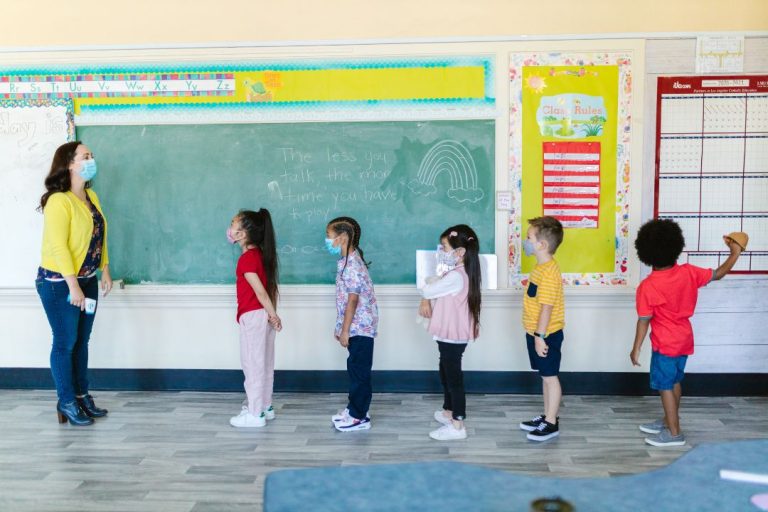
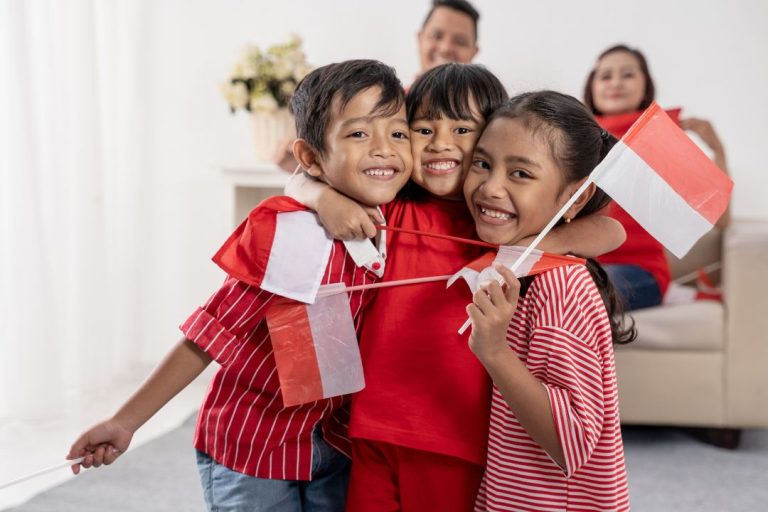
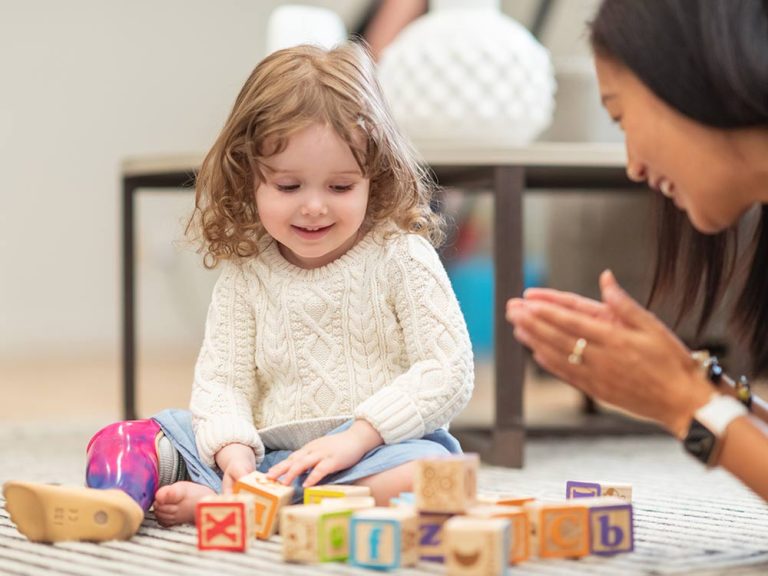
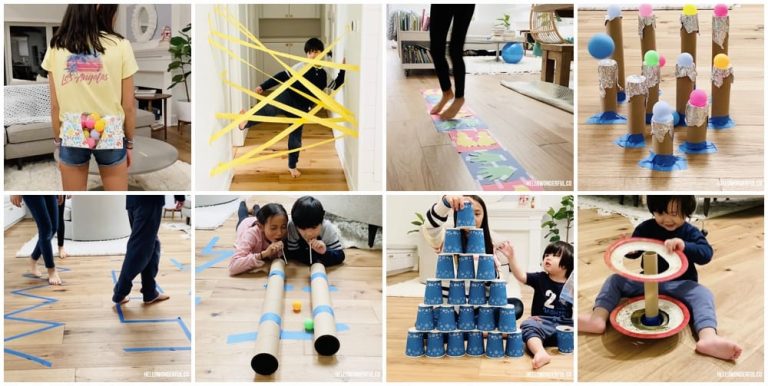
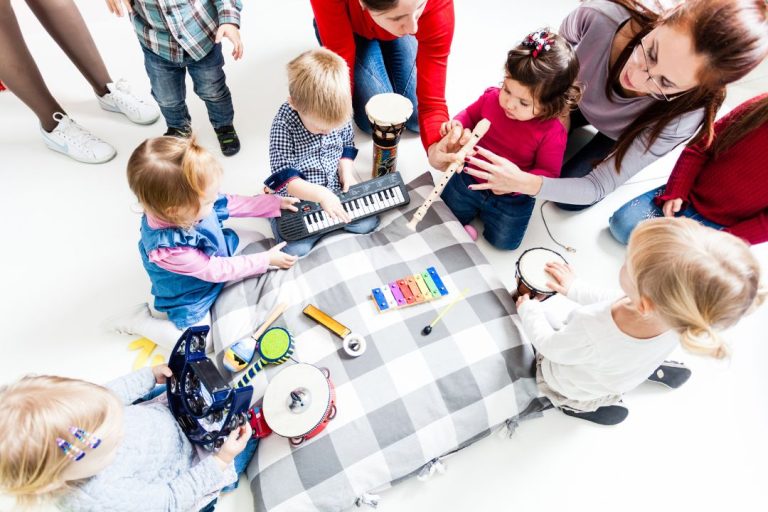
2 Comments